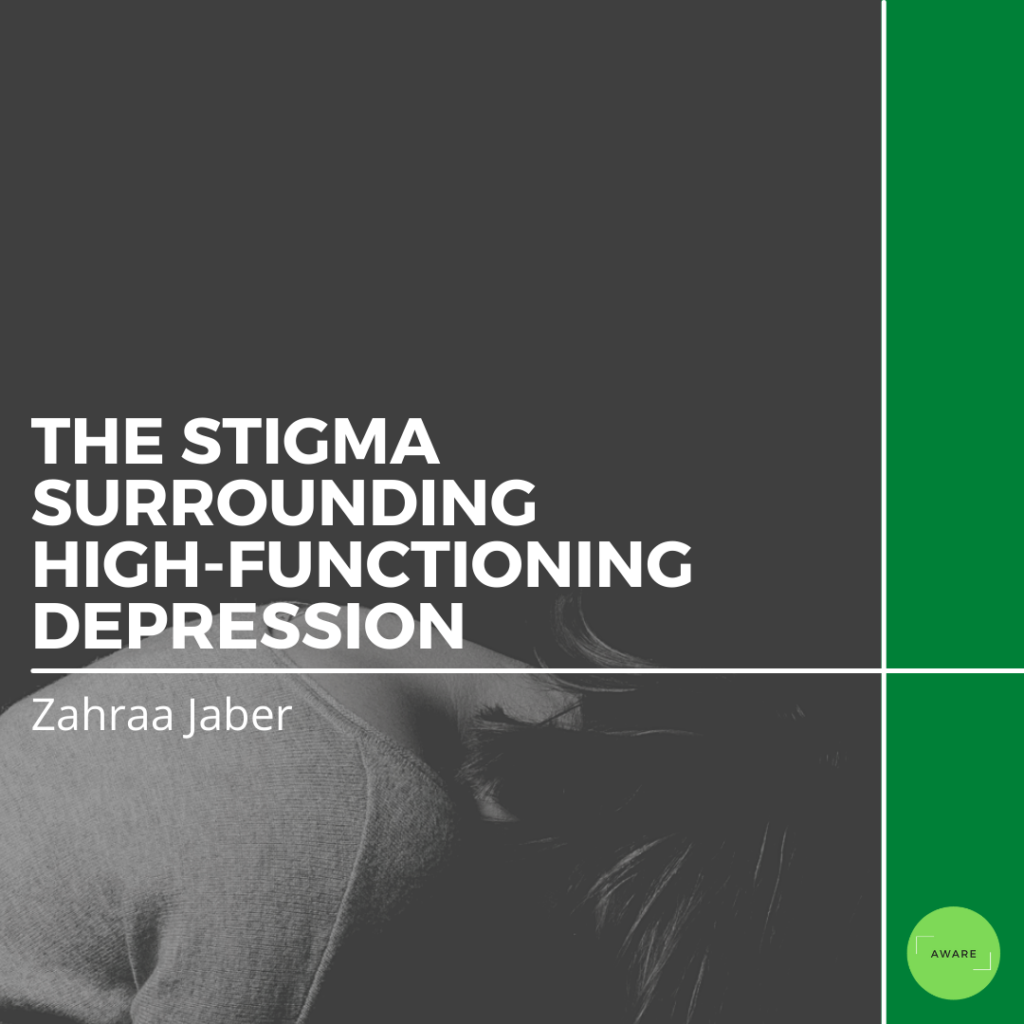Trigger warning: this article discusses depression.
You may have an image of someone who is depressed as always being sad or unable to even get out of bed in the morning. While that can happen, if you have high-functioning depression, you may actually be able to go through your day almost normally. Others may not even know that you have major depressive disorder. People have high-functioning depression tend to suffer invisibly, not showing symptoms when others are around to see them.
What is High-Functioning Depression?
High-functioning depression is also called dysthymia – or persistent depressive disorder. According to the Diagnostic and Statistical Manual of Mental Disorders (DSM-5), persistent depressive disorder is a form of chronic depression characterized by a depressed mood lasting at least two years. Although high-functioning depression shares signs with other types of depression such as major depressive disorder, the symptoms are less severe and interfere less with daily activities. For example, people with high-functioning depression may have successful careers, healthy relationships, and active social lives. As a result, high-functioning depression may be invisible to family, friends, and coworkers. However, the chronic low level of sadness of high-functioning depression can negatively impact physical and mental health over time. Proper diagnosis and treatment can help resolve symptoms and improve the quality of life for a person living with high-functioning depression.
Living with High-Functioning Depression
A person living with high-functioning depression may experience several different thoughts or emotions daily, such as –
- Gloomy mood – Feeling sad throughout the day, making it challenging to experience enjoyment when participating in favorite activities or social situations.
- Exhaustion despite sleeping well – Gathering the energy to get out of bed and make it through the day may be challenging.
- Irritability – Having a short fuse when dealing with others.
- Self-Criticism – Continually feeling bad about oneself.
- Weight changes – Gaining or losing weight without trying to due to over or under-eating.
- Excessive worry – Constantly questioning past and present decisions and what they mean for the future.
- Extreme stress – Small, daily problems cause a great deal of stress.
- Substance use – Dealing with chronic everyday sadness may lead to substance use.
The Stigma
The stigma surrounding depression and other mental health conditions can make seeking help difficult. Depression stigma includes the belief that only those with severe symptoms, such as inability to function in daily life or suicidal thoughts, require treatment. This stigma can cause those with high-functioning depression to believe that they should quietly tolerate their symptoms. However, high-functioning depression is a severe disorder that can be debilitating. More than half of people with high-functioning depression, or dysthymia, eventually have an episode of major depression. Thus, seeking proper diagnosis and treatment for high-functioning depression is critical.
“If other people cannot recognize that something is wrong, which is especially true with high-functioning depression, these individuals struggling will have less natural support in their community. This can impact the intensity and severity of symptoms, making these individuals feel that they are alone in this journey.” – Meaghan Rice, PsyD
